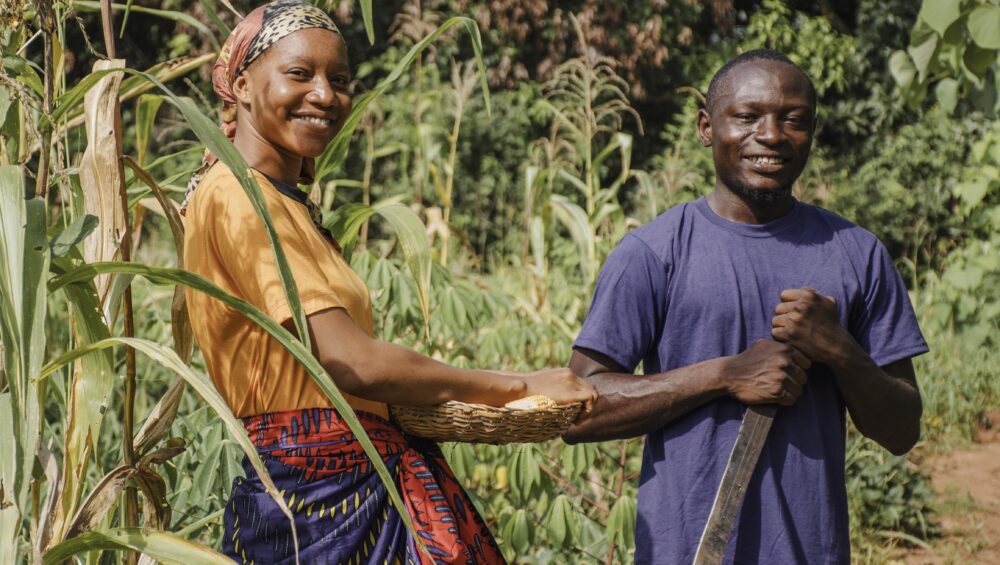In today’s rapidly evolving world, where the buzzword is sustainability, supporting Yoruba farmers not only aligns with this global trend but also contributes to the welfare of a community deeply rooted in agriculture. This article explores the significance of sustainable practices in Yoruba farm produce and how your support can make a lasting impact.
The Yoruba Farmers’ Dilemma
Yoruba farmers, like many others worldwide, face multifaceted challenges in their pursuit of agriculture. From unpredictable weather patterns to market fluctuations, they encounter obstacles that threaten their livelihoods. However, their unwavering commitment to farming traditions has kept them resilient through the ages.
Sustainable Farming Practices
1. Organic Farming
One of the key approaches to support Yoruba farmers is by advocating for organic farming. By using natural fertilizers and avoiding harmful chemicals, these farmers can produce healthier and more environmentally friendly crops. The result? Increased soil fertility and safer, more nutritious produce for consumers.
2. Crop Rotation
Crop rotation is another vital aspect of sustainable farming. This practice not only prevents soil depletion but also reduces the risk of pests and diseases. Yoruba farmers can benefit greatly from adopting this technique, ensuring a steady supply of diverse and high-quality farm produce.
3. Water Management
Yoruba farmers often grapple with water scarcity during dry seasons. Supporting them with efficient water management systems, such as rainwater harvesting, can enhance their crop yields and reduce dependence on unpredictable rainfall.
The Role of Technology
In the digital age, technology plays a pivotal role in modernizing farming practices. Supporting Yoruba farmers by providing access to agricultural apps, weather forecasting tools, and online marketplaces can empower them to make informed decisions and connect with a broader customer base.
Economic Empowerment
Supporting Yoruba farmers isn’t limited to sustainable practices alone. By promoting fair trade and ensuring equitable compensation for their produce, we can help uplift their communities economically. This, in turn, leads to improved living standards and greater prosperity for all.
Transitioning to a Sustainable Future
Sustainability isn’t just a buzzword; it’s a commitment to a better future for everyone involved in the farming industry. By supporting Yoruba farmers in their journey towards sustainability, we contribute to global efforts to combat climate change, reduce food insecurity, and promote ethical agricultural practices.
In Conclusion
Sustainability in farm produce is not a distant dream but a tangible goal we can achieve by supporting Yoruba farmers. Their dedication to agriculture and the adoption of sustainable practices can pave the way for a greener, healthier, and more prosperous future for us all.
Remember, every choice you make as a consumer or advocate can make a significant difference. By supporting Yoruba farmers, you’re not only getting fresh and sustainable produce but also nurturing a community’s livelihood and contributing to a more sustainable planet.





